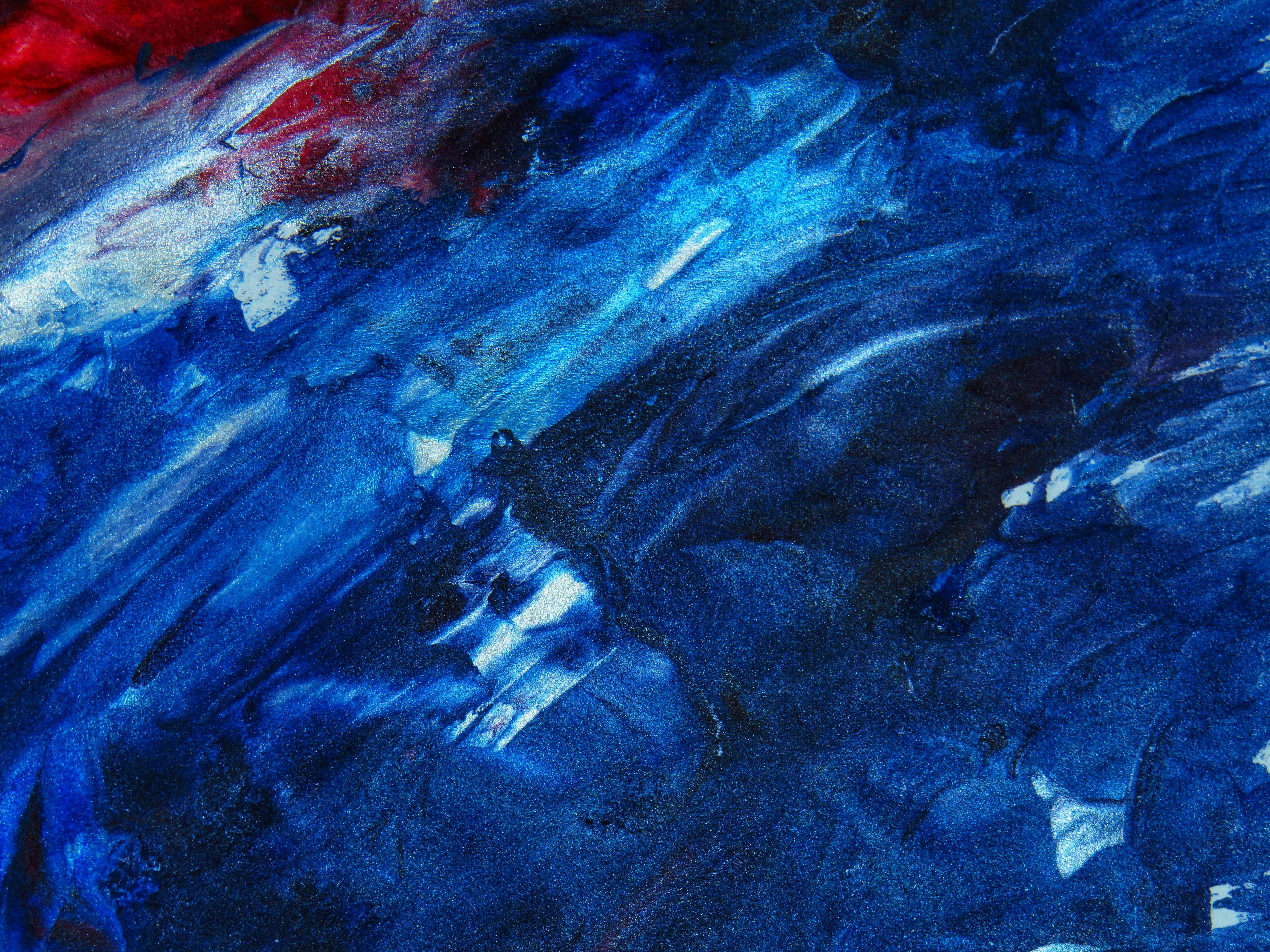
Great liver diet for those of you struggling with fatty liver disease
Fatty liver disease is not unusual.
Statistics show that up to 29 million Americans have nonalcoholic fatty liver disease, while 6.4 million of the majority of these people have non-alcoholic steatohepatitis (NASH). Even more alarming than these statistics, non-alcoholic fatty liver disease is occurring among children in the US. Staggering statistics indeed, especially shocking when there is no cure, as no surgery or medication can cure the disease. However, there are treatments.
Non-alcoholic fatty liver disease is a term used to explain the accumulation of fat in the liver of people who drink minimal alcohol.
Non-alcoholic fatty liver disease is common and, for most people, has no warning signs without complications. However, in some people with NAFLD, the fat that builds up can cause inflammation and scarring in the liver. This more serious type of nonalcoholic fatty liver disease may also be called nonalcoholic steatohepatitis. In its most severe form, nonalcoholic fatty liver disease can progress to liver failure.
Follow a balanced diet for the liver and do not overeat. Start exercising regularly and lose weight gradually. Eat a good diet of lean white meats like chicken and turkey. Also, eat vegetables daily. Lots of greens and leaves. Fruits are also good with a high content of vitamin C. Complex carbohydrates like those found in cereals and rice are also good for the diet.
Fiber-rich foods are often beneficial.
You should stay away from high-fat foods, alcohol, sugary drinks, massive amounts of dark meat, or fried foods. Of course, always avoid overeating. Stay away from sweets and desserts.
Don’t eat mineral-rich foods full of B complex, folate, manganese, selemium, and sulfur.
What a conventional diet for fatty liver may include:
Get in the habit of starting the morning with a bowl of good oatmeal. Add dried fruit, nuts, and honey for better flavor and many more health benefits. This will lower blood sugar levels, improve digestion, give you energy, and make you feel full.
You can also add ground dried milk thistle seeds to detoxify your liver. Milk thistle has protective effects for the liver and greatly improves its function. It also lowers cholesterol and has many other health and fitness benefits. Or you’ll start a new day with a banana and oatmeal (made with ginger). If you know you’re having a mid-morning snack, which is recommended, you can just have fresh juice (try an apple and carrot). Go ahead and take supplements.
For lunchtime a sandwich is perfect, like a tofu sandwich with lots of different lettuces and tomatoes. Include cultured dairy foods in your daily food intake. Those are the ones that include yogurt, buttermilk, cottage cheese, kefir, etc. They improve digestion, remove fats from our body and thus also improve liver function.
Then for dinner there are millions of recipes to choose from. A simple bean and rice recipe with Brussels sprouts, peas, and carrots is a good one. Fruit for dessert. However, you may be able to search the internet for vegetarian recipes (some are really delicious).
If you want a snack, juice made from vegetables and fruits or maybe eat fruits or vegetables raw. Jump into the practice of having a few vegetarian days each week. During those times eat green vegetables, whole grain products, beans, nuts and dairy. Stay away from fatty meats, cheeses, butter, eggs, sausages, burgers, cakes or bread, etc.
This trick will take a load off your liver, cleanse your body and help you shed those extra pounds and can be very easy to pull off, especially when you realize it’s only for a day.
About once a week you can give yourself a break with meat, fish, milk, chocolate or anything you like as long as you do it in moderation. If you could do without one, you’ll certainly heal much faster, however they won’t reverse any progress you’ve made during the week.
Most of all, though, stay away from alcohol. Is it really probably the liver’s biggest enemy? It permanently destroys liver cells and frequent alcohol intake can cause very serious liver problems. Try to limit your alcohol intake and prefer wine over other spirits, particularly those with a high alcohol content.
As usual, stay well hydrated (at least 8-10 cups a day). It’s always best to stay hydrated between meals and choose high-quality spring water for this specific purpose.
Dietary recommendations for liver cleansing diets are usually in line with a healthy eating plan. Diets often suggest avoiding sugar, caffeine, alcohol, and fatty foods, while increasing your intake of grains, water, fruits, and vegetables. Essentially they pay attention to eating unprocessed foods. Processed foods (foods that are no longer in their natural state) may include more additives (for example, salt and sugar) and preservatives (natural or synthetic chemicals combined with the food to keep it from spoiling). Liver cleansing diets are generally time-limited and, as a consequence, offer an attractive short-term option for people trying to burn fat.